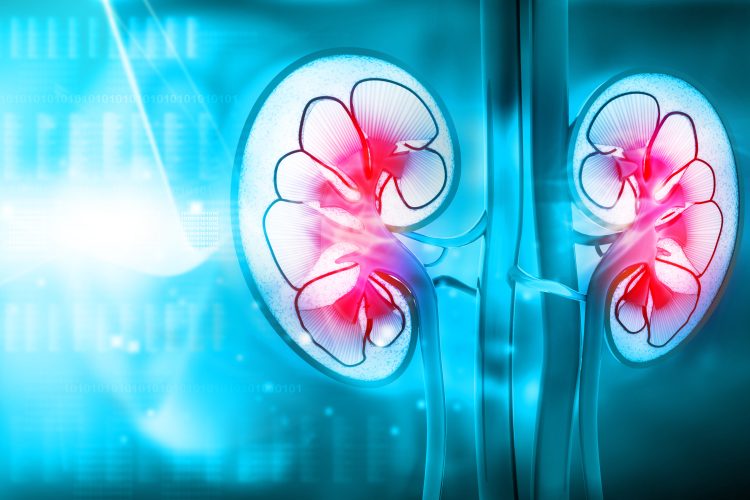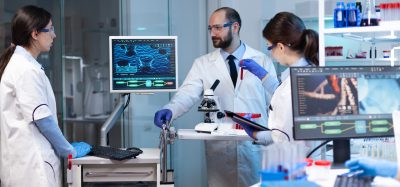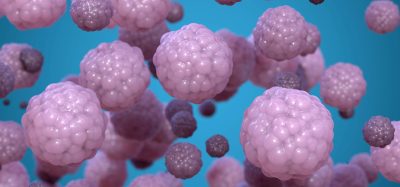Kidney tumour organoids offer new drug testing platform
Posted: 13 August 2025 | Drug Target Review | No comments yet
Scientists in China have used 3D bioprinting to grow kidney tumours from patients’ own cells, creating realistic models that could speed up development of personalised treatments.


Researchers at Tsinghua University have developed a pioneering method to grow kidney tumours in the laboratory using cells from real patients. Their work, published in Biofabrication, could become a powerful new tool in the fight against renal cancer.
Using 3D bioprinting to replicate tumour environments
The team used 3D bioprinting technology to combine tumour cells with other cell types, including blood vessel-like structures, creating a model that closely mimics the conditions inside the human body. These lab-grown organoids descend directly from patients’ tumour cells and accurately mirror their characteristics.
This level of accuracy gives researchers a more reliable platform for studying tumour development and testing how different therapies perform. This method also reduces the need for labour-intensive manual work – enabling faster and more scalable drug testing.
Biomarkers aren’t just supporting drug discovery – they’re driving it
FREE market report
From smarter trials to faster insights, this report unpacks the science, strategy and real-world impact behind the next generation of precision therapies.
What you’ll unlock:
- How biomarkers are guiding dose selection and early efficacy decisions in complex trials
- Why multi-omics, liquid biopsy and digital tools are redefining the discovery process
- What makes lab data regulatory-ready and why alignment matters from day one
Explore how biomarkers are shaping early drug development
Access the full report – it’s free!
Addressing the challenges of renal cell carcinoma
Renal cell carcinoma (RCC) cases are increasing every year, posing an increasing threat to public health. Treating the disease is difficult because many patients do not respond well to chemotherapy, and targeted drugs can have unpredictable effects.
Renal cell carcinoma (RCC) cases are increasing every year, posing an increasing threat to public health
Tumours vary significantly between patients and genetic changes over time can cause treatment failure and an increased risk of recurrence. Existing laboratory models are often inconsistent and fail to accurately reflect tumour behaviour in the body – limiting their usefulness in developing effective treatments.
Organoids that match the original tumour
The new 3D bioprinting method overcomes many of these limitations by producing organoids that retain the same features as the patient’s original tumour. This allows scientists to quickly test multiple therapies and identify the most effective treatment before it is applied clinically.
“This new method could greatly improve how we study kidney cancer and develop personalised treatments for patients,” says Dr Yuan Pang, co-author of the study. “The rapid production of organoids will make it much faster to find the right treatment for individual patients.”
What could be next?
The Tsinghua University team’s research highlights the growing potential of 3D bioprinting in personalised medicine. By creating patient-specific tumour models, researchers can move closer to tailoring treatments that work for everyone, potentially improving survival rates and reducing unnecessary side effects. As this technology advances, it could transform not only kidney cancer research but also the wider field of oncology, offering a faster, more precise route from discovery to patient care.
Related topics
3D printing, Bioprinting, Cancer research, Drug Discovery, Drug Discovery Processes, In Vitro, Oncology, Organoids, Personalised Medicine
Related conditions
Cancer, renal cancer
Related organisations
Tsinghua University
Related people
Dr Yuan Pang (Tsinghua University)








